I was hoping I could have some help with this. I have about 300 computers that I have to clear all the temporary internet folders on and separately do a logoff on them.
Currently I have a file located on the C: drive that has the following command:
Clear temporary internet folders:
RunDll32.exe InetCpl.cpl,ClearMyTracksByProcess 255log off
shutdown /l /t 0 /f
Here is the PSexec command I use to remotely execute that command on every computer:
@echo off
psexec @C:\_\complist.txt -u Admin -p PASSWORD -i. c:\clearcache.cmd
The problem I am having is that it is taking really long, about 30 - 35 minutes because it does one at a time. Is there anyway I can speed this up? Maybe instead of doing 1 at a time I can do all at once?
If anyone can help improve the speed or help me find a better way I would be so grateful.
Thanks
